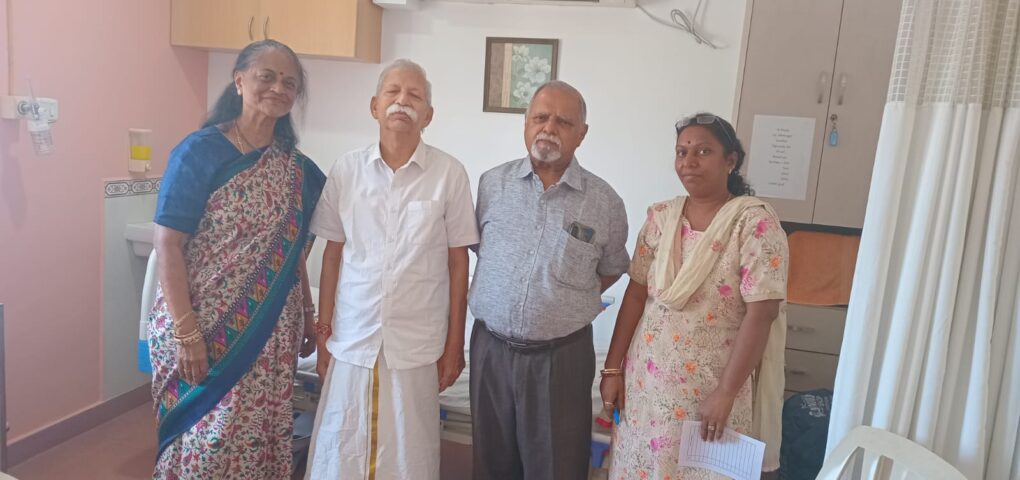In the realm of palliative care, we walk alongside individuals during some of the most profound moments of their lives—the final chapter. One of the most recurring and heart-wrenching observations we make is the emotional struggle caregivers face when it comes to letting their loved one go peacefully.
The Forgotten Pillar: Patient Autonomy
In medicine, there are four core principles of ethics, and the first among them is Patient Autonomy. This means the patient’s wishes, values, and decisions must be given the highest priority. Sadly, in our cultural context, this principle is often overlooked or sidelined.
Time and again, families request that a terminal diagnosis not be shared with the patient. Despite our explanations and reassurances, they cling to the belief that they are protecting their loved one by keeping them in the dark.
But here’s the truth: most patients already know. When they’re taken for chemotherapy, radiotherapy, or other intensive treatments, they understand what’s happening. And when they find out the truth was not shared with them, many feel deeply betrayed—not just by their families, but by the very system they trusted.
A Simple Question
When we encounter such situations, we gently ask the caregivers one question:
“If you were in the patient’s place, wouldn’t you want to know?”
Almost everyone says yes. But knowing what’s right and doing what’s right are often two very different things. The emotional weight of the situation can make it hard to take that next step.
Facing the Reality
The next hurdle we often see is a refusal to accept the reality of the situation. Ironically, it is usually the patient who accepts their condition with grace and clarity. It’s the family that struggles to come to terms with it. Even when a patient has clearly outlined their preferences in an Advance Medical Directive (AMD), their wishes are sometimes disregarded—especially when it comes to where they want to spend their final days.
We urge caregivers to pause and reflect:
“What would I want in my final days?”
Would you want to be in a hospital, surrounded by machines, or at home, surrounded by love?
Letting Go is Not Giving Up
Often, the desire to prolong life comes from a place of guilt. Caregivers fear being judged. They worry: “Will others say I didn’t do enough?” But honouring someone’s end-of-life wishes is not a failure—it is the ultimate act of love and respect.
Our role is not to extend life at any cost, but to preserve dignity, ease suffering, and allow a peaceful farewell—one that aligns with what the patient wants, not what we think they need.
